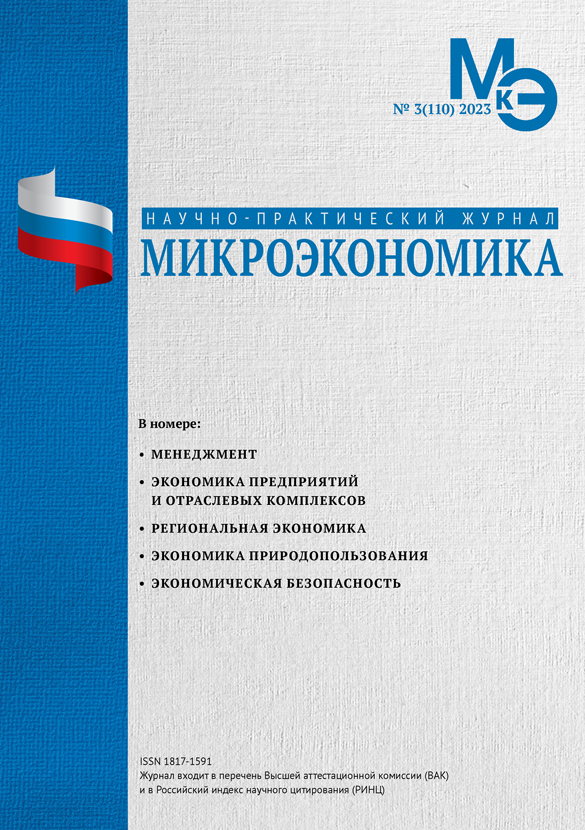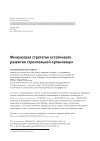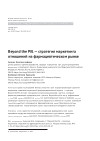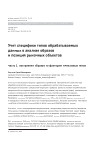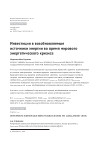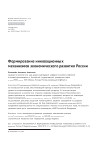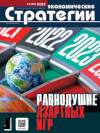Financial strategy for the sustainable development of a construction organization
DOI: 10.33917/mic-5.112.2023.48-56
The concept of sustainable development of a construction organization has been formulated. There is proposed an approach to solving issues of strategic planning and management based on a systems analysis of the relationship between sustainable development, financial potential and financial inclusion. The authors’ vision implies that financial potential is defined as a dynamic characteristic that determines the qualitative and quantitative assessment of a construction organization in terms of volumes, attractiveness and risks of investment. There are substantiated the necessity of consideration and methods for assessing financial inclusion at the corporate level.
References:
1. Shuklov L.V. Enterprise Development Management. M.: «LIBROCOM», 2012. 200p.
2. R. Nelson S. Winter. An Evolutionary Theory of Economic Change. М.: «Delo», 2002. 536 p.
3. Report of the World Commission on Environment and Development (chaired by Gro Harlen Brundtland) «Our Common Future». URL: https://www.un.org/ru/ga/pdf/brundtland.pdf
4. Babkina L.N., Skotarenko O.V. Economic sustainability of processes in the Russia Arctic regions. Microeconomics. 2023;2:82–92. (In Russ.).
5. Bachurinskaya I.A., Yudenko M.N. Sustainable Development of Housing Construction in Russia: Problems and Prospects // Topical issues of the development of modern science: theory and practice. Scientific session of the teaching staff, researchers and graduate students on the results of research for 2019. SPb.: St. Petersburg State University of Economics, 2020. pp. 6-9.
6. Chepachenko N.V., Yudenko M.N, Palicki Slavomir. Methodological aspects of research, measurement and evaluation of the development potential of construction organizations. Problems of Siberia socio-economic development. 2018;3(33):82–91. (In Russ.).
7. Research of a potential for construction organizations growth and development in the real estate market: monograph // I.V. Fedoseev, M.N. Yudenko, N.V. Chepachenko, W.B. Waldemar, A.A. Salov, S.A. Nikolikhina, N.A. Polovnikova / Under the edit. I.V. Fedoseev. SPb.: St. Petersburg State University of Economics, 2018. 103 с.
8. Jay Barney. Firm Resources and Sustained Competitive Advantage. Journal of Management. 1991;17(1):99-120.
9. Makarov D.A., Fedoseev I.V. Financial potential of Russia construction complex: concept, analysis and ways to increasing / Construction Complex: Economics, Management, Investments: Interuniversity collection of scientific papers. Vol. 16. / Edit.: I.V. Fedoseev [and other]. SPb.: St. Petersburg State University of Economics, 2022. pp.5-12. (In Russ.).
10. Raghuram G. Rajan, Luigi Zingales. Financial dependence and growth. NBER, Working Paper 5758. Cambridge, MA 02138. September 1996.


